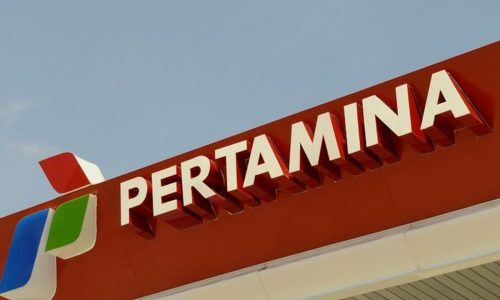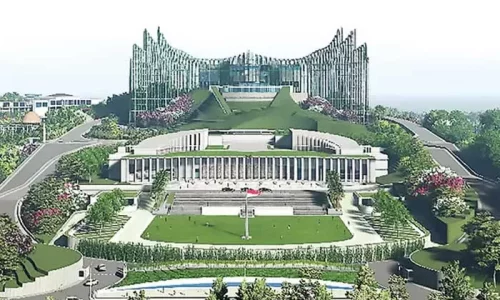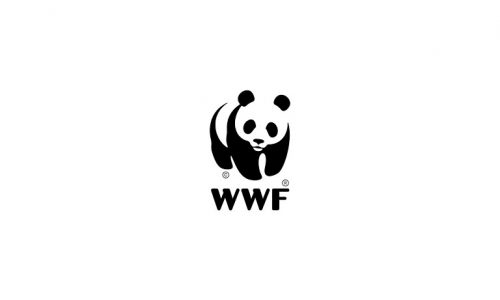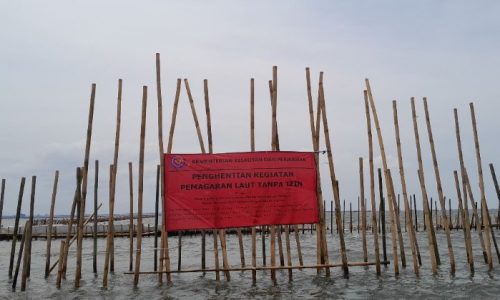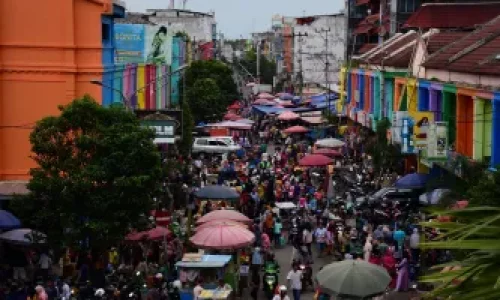Indonesia has set its sights on achieving Net Zero Emissions (NZE) by 2060, or even sooner, with a strategic focus on developing three key clean energy sources: hydrogen, nuclear, and ammonia.
Yudo Dwinanda Priaadi, the Director General of New and Renewable Energy and Energy Conservation at the Ministry of Energy and Mineral Resources, emphasized the need to overcome challenges, including ensuring that these new energy sources are affordable for all.
“We want Indonesia to progress, and to achieve that, we need affordable new energy sources that are accessible to everyone. Our focus is on nuclear, hydrogen, and ammonia,” said Yudo on October 11, 2023.
The government is also determined to promote the use of Solar Power Plants (PLTS) in the nation. However, Indonesia faces a battery capacity shortage to store solar energy. To address this issue, the government is actively working on building various energy storage battery facilities.
“Indeed, our target for the future is solar energy by 2060. That’s why we need batteries for storage. Our plan is to build numerous batteries to store this solar heat,” he explained.
Green hydrogen and ammonia roadmap
The government has already laid out a roadmap for the utilization of green hydrogen and ammonia until 2060. This comprehensive document will encompass regulations, standards, infrastructure, technology, as well as supply and demand dynamics.
Dadan Kusdiana, the Secretary General of the Ministry of Energy and Mineral Resources, sees Indonesia as a potential global hub for hydrogen. The government is considering the pivotal role of hydrogen in Indonesia’s energy transition.
Hydrogen has already found use in Indonesia’s industrial sector, primarily as a raw material for fertilizer production. Currently, Indonesia consumes around 1.75 million tons of hydrogen per year, with the majority going into urea (88%), ammonia (4%), and oil refineries (2%).
“Hydrogen will play a significant role in the decarbonization of the transportation sector, beginning in 2031, and the industrial sector, starting in 2041,” stated Dadan.
An earlier collaborative effort to harness the potential of green hydrogen was initiated by two state-owned enterprises, PT PLN and PT Pupuk Iskandar Muda. These organizations joined forces with Augustus Global Investment (AGI) to invest in green hydrogen production in Indonesia. Dadan is hopeful that this collaboration will bolster efforts to enhance energy resilience and expedite the energy transition.
The collaboration reveals that AGI plans to build a Green Hydrogen Production Plant with an annual production capacity of 35,000 tons in Indonesia, requiring a land area of 50 hectares. The estimated investment for the infrastructure development is between US$ 400 million and US$ 700 million.



